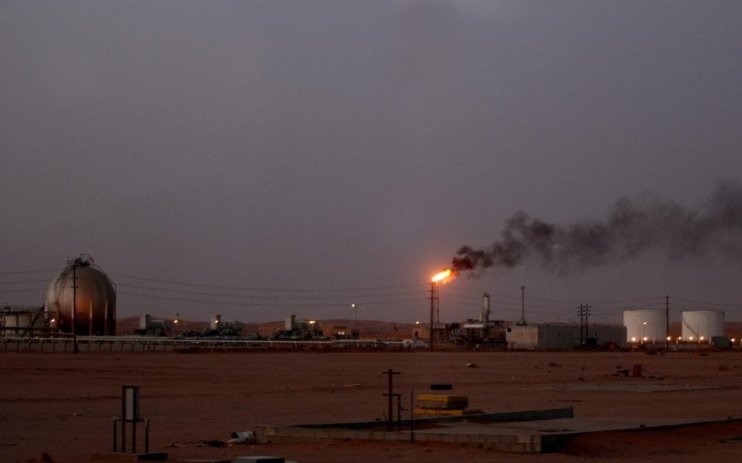Saudi Aramco IPO: The pros and cons

Saudi Aramco is the mother of all oil companies, and the most profitable business in the world. Last year, its net income stood at $111bn, dwarfing the earnings of other oil giants.
So the announcement on Sunday that the state-owned Saudi Arabian company will finally go public is massive news for investors, and marks the end of a four-year wait. The firm will initially list on Saudi’s domestic Tadawul stock exchange in December, but a secondary international listing is expected at a later date.
The Kingdom plans to sell about one to two per cent of Aramco in a deal which is estimated to value it at $1.5 trillion. While this is significantly below Crown Prince Mohammad Bin Salman’s initial target of $2 trillion, it would still make the company vastly more valuable than tech behemoths like Apple and Microsoft, which are both valued at $1 trillion.
So what are the risks to investors?
First, according to Neil Wilson from Markets.com, when you factor in the risk premium versus peers, a $1.2 trillion valuation probably has more chance. And oil prices aren’t expected to rise much in the near future, given that demand is slowing and there isn’t a shortage of supply.
Wilson also points out that this kind of listing requires a major exchange to provide the sheer scale of liquidity that it will gobble up. He therefore questions whether the Saudi stock market can handle it.
Beyond the listing itself, the September drone attacks on Aramco oil facilities will be a point of contention.
The attacks are still very fresh in global investors’ minds, which demonstrates the kind of problem they will have in coming to a suitable valuation.
As Wilson says: “While geopolitical events like these tends to support prices, direct attacks on facilities owned by an oil company are rather different matters for investors.”
Chris Bailey from Raymond James echoes this assessment, warning that geopolitical issues will certainly scare many potential investors away.
There are broader headwinds for the company too. Another factor that might pose a problem when it comes to valuation is that investors are becoming far more ethically and environmentally conscious, and are screening out companies considered unsustainable or morally dubious.
With environmental, social and governance (ESG) criteria becoming a staple concern, this doesn’t bode well for a company like Aramco, which relies entirely on fossil fuels and has a questionable corporate governance record.
Some investors will also be wary of the Saudi government’s involvement in the running of the company given the Kingdom’s record on human rights and the horrific murder last year of journalist Jamal Khashoggi.
With that said, there are obvious positives from an investment point of view. Jameel Ahmad, global head of currency strategy and market research at FXTM, thinks that the news is huge, both for the Gulf region and international investors as a whole.
“Accessibility to invest in such a profitable company is a rare opportunity and this is one that will be a massive target for global investors to consider opportunities heading into the next decade,” he says. “I can’t think of such a symbolic offering that has become available since Alibaba went public five years ago.”
Ahmad expects interest in Aramco to tower in comparison to Alibaba, considering how profitable the oil giant is.
Raymond James’ Bailey agrees – to a point. “As the world’s largest listed company in headline market cap terms, no one can ignore it. It’s going to be fascinating to watch at least.”
Even if you’re not interested in Aramco’s IPO, the flotation is likely to have a knock-on impact on other listed energy firms. Ipek Ozkardeskaya, senior market analyst at London Capital Group, expects its entry to shake up the entire sector. “Investors would hardly leave the Saudi’s oil giant out of their energy portfolios. As such, European energy stocks could feel the pinch of the Aramco IPO.”
The IPO ultimately represents part of the attempt by the Crown Prince to reform Saudi Arabia’s image. His plan is for Aramco’s flotation to support his Vision 2030 objective, moving away from the country’s reliance on oil and opening its doors internationally. It is definitely something of a PR move, but it could also be a significant investment opportunity